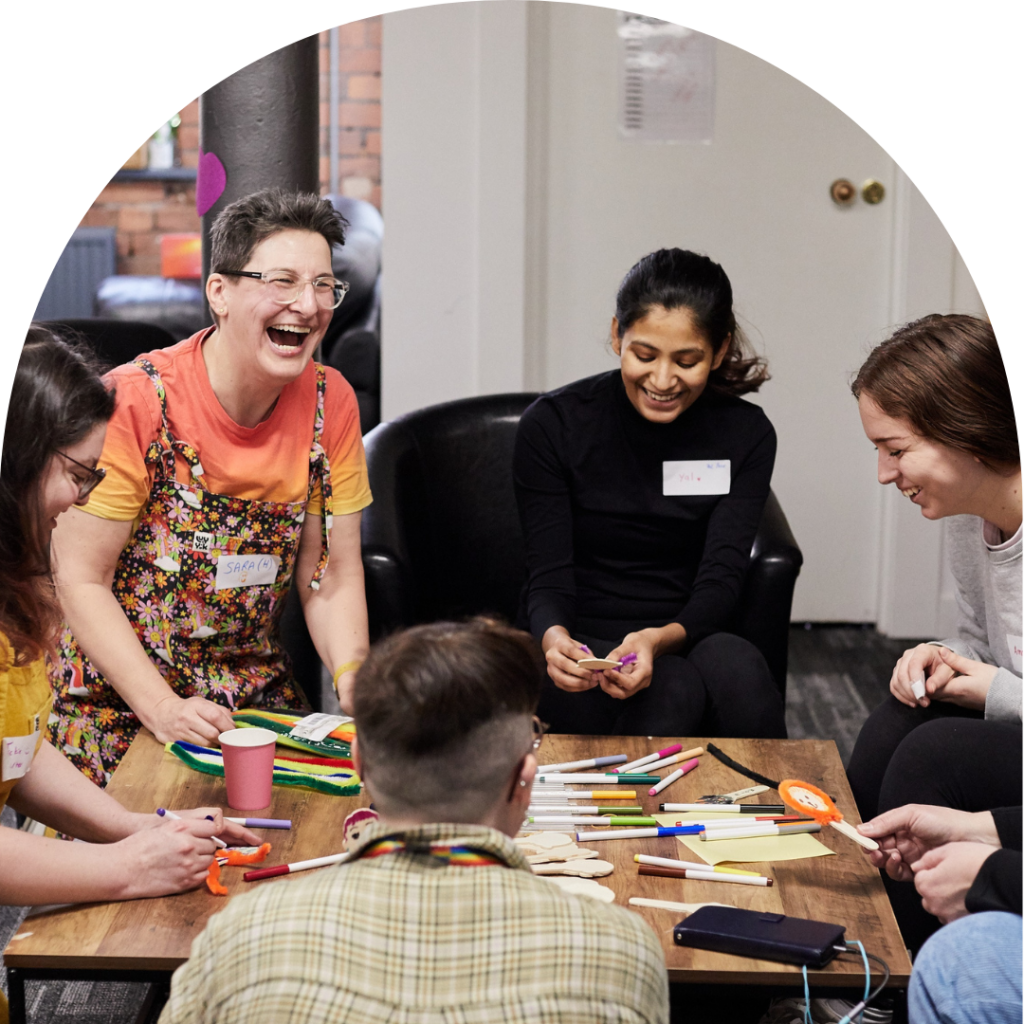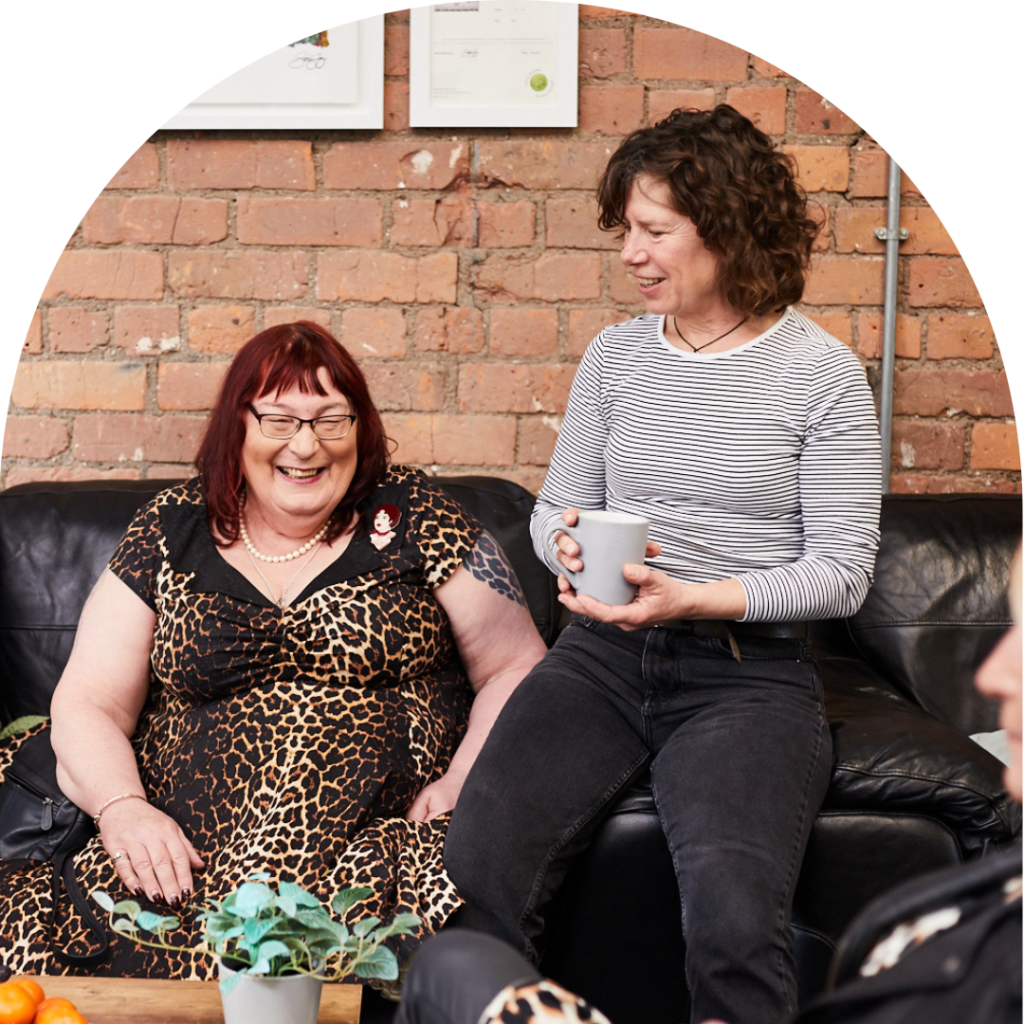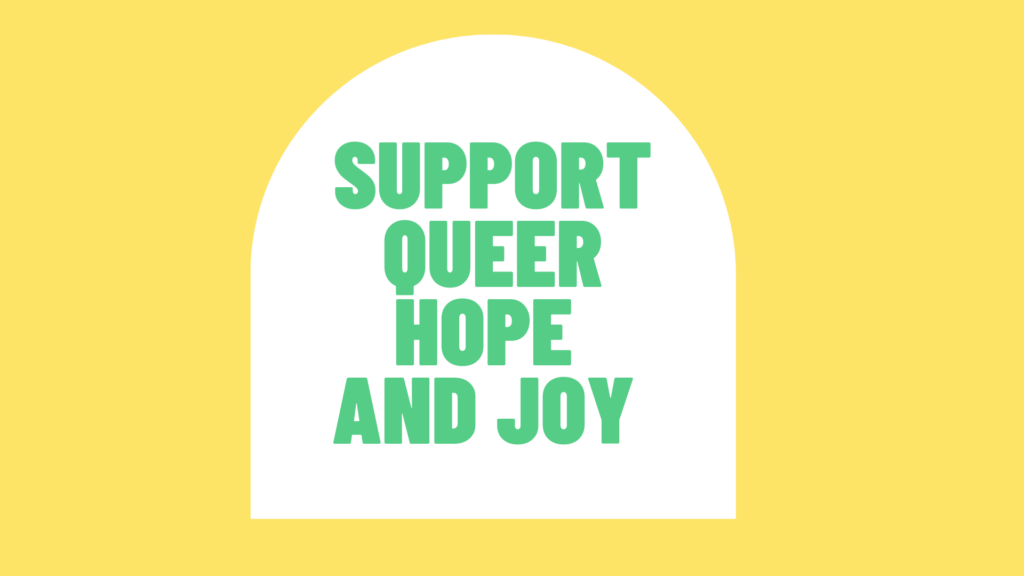CREATING SPACES FOR ALL
LGBTQ+ WOMEN TO THRIVE
Welcome to our Women’s Programme! We support and empower LGBTQ+ women through our work with events and resources.

If you’re an LGBTQ+ woman, we want to give you a chance to learn something new, try something different, and make new connections through our free regular workshops. We put LGBTQ+ women at the heart of our work, and love bringing communities together through our work.
We also create resources to support you in the inclusion of LGBTQ+ women, so you can learn how to make spaces safer for everyone.



Volunteering is at the heart of our work, find out how you can start making a difference.

We can’t keep doing life-changing work without your support. Thank you for your support.

Reach out if you need support. We have a range of services that can help you find your happiness.






